
Marching forward from Hurricane Maria: Puerto Ricans rally in Philadelphia two years after the storm
When asked why he marches, Victor Negron says he does it for his mother, who lives in Santurce, Puerto Rico and his father-in-law’s family from San Lorenzo.
Negron is born and raised in Philly, but like most members of the Puerto Rican diaspora community, he still has strong roots planted on the island.
Two years ago, Puerto Rico faced arguably its worst natural disaster, as Hurricane Maria hit the island on September 20, 2017. Seven days after, Negron found himself on the ground, witnessing the immediate aftermath first hand.
More than 3,000 people died and many of the survivors are still coping with the effects to this day.
“Right now in Puerto Rico, they’re having difficulty getting access to clean water,” said Negron as another reason he continues to call attention to the situation on the island.
This past Saturday, September 21, Negron joined hundreds of other Puerto Ricans from New York to Miami for The People of Puerto Rico march in Philly.
The march started at City Hall, where a massive, 60-foot flag of Puerto Rico was unfurled before being carried down the parkway for a rally at Eakins Oval in front of the Art Museum.
Those who weren’t holding up the flag carried signs decrying the recent corruption on the island and the inaction of the U.S. government. At some point, the ever-popular blow-up of Baby Trump also joined the march.
First started by organizer Karen Rodriguez a year ago, the march is a demonstration to make sure those lost during Hurricane Maria and its aftermath o would not be forgotten. It is also a celebration of the resiliency of a people who have always had to fight for their place in the world — whether it be against a hurricane or corrupt government.
Nancy Santiago, like Negron, was in Puerto Rico following Maria. But she also made the trip to be a part of the rallies that deposed former Governor Ricardo Rosselló in the wake of Telegramgate over the summer.
For her, the march, in addition to remembering those that died during Maria, showed the diaspora community’s mission to move forward hand-in-hand with those on the island.
“It’s no longer enough to just be passive, and just say this is ok,” said Santiago. “It’s not ok.”
Fermín Morales, another attendee, praised members of the diaspora community for their response to the devastation of Hurricane Maria, but couldn’t say the same for the U.S. government.
CONTENIDO RELACIONADO
“Our people responded the way they should have by helping the people over there, and not just the people over there, but even the people that came here,” said Morales. “Sadly, the U.S. government, who has us as a colony, does not respond that way.”
He said the march is to remember an event that was “catastrophic” in the island nation’s history, but also highlight its difficult relationship with the U.S.
“That’s just another example of what went wrong in our island with them possessing us and oppressing us,” said Morales.
Negron agreed with Morales’ colonial label for Puerto Rico, but said whether it’s a colony, state or independent nation, it can benefit from a democratic process and the accountability that it requires.
That starts with those of the diaspora community.
“Something has to happen, but at the end of the day, as an American citizen, I owe it to Puerto Rico,” said Negron.
The rally at Eakins Oval struck a similar tone. There was a voter registration booth, and many of the speakers — which included Philadelphia Mayor Jim Kenney, U.S. Representatives Brendan Boyle, Madeleine Dean and Dwight Evans, and Philadelphia Councilwoman Maria Quiñones-Sánchez — encouraged attendees to register if they hadn’t already done so.
“The most important title is ‘citizen,’ and that’s Puerto Rico. Because they are citizens in this movement,” Congressman Evans told the crowd. “And you, come election day can send a message. The only way you’re going to change this process is by registering to vote.”
There are more than five million Puerto Ricans living in the U.S. mainland; a recent census estimate puts more than 100,000 Puerto Ricans in Philadelphia alone.
[node:field_slideshow]
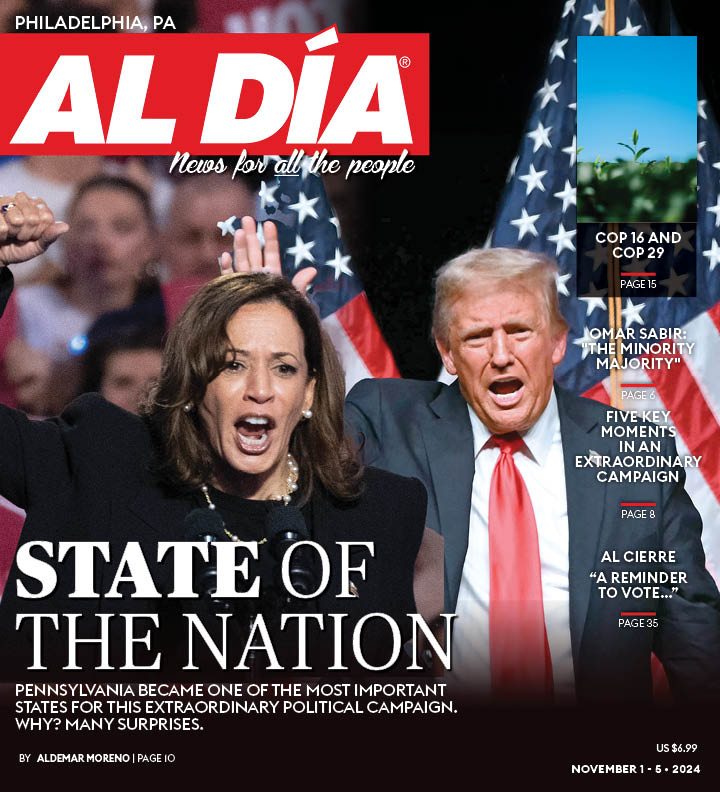

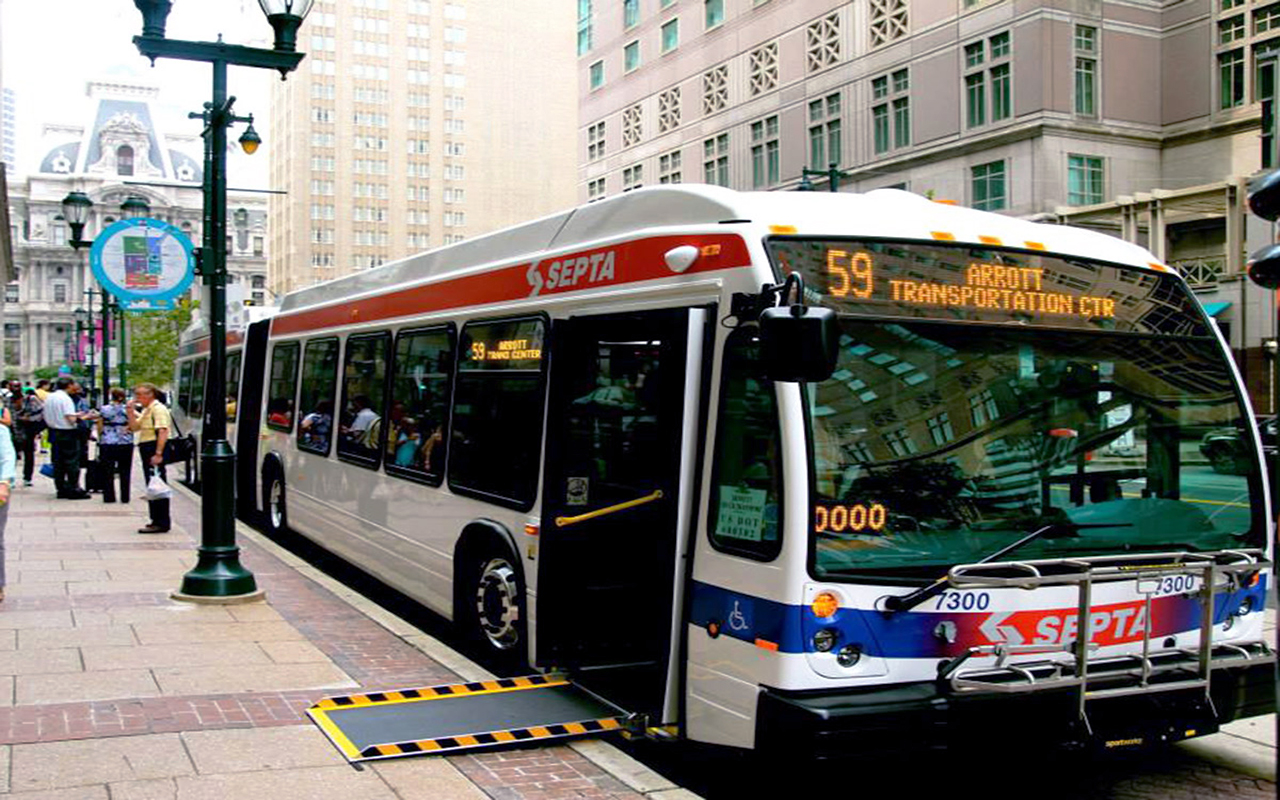
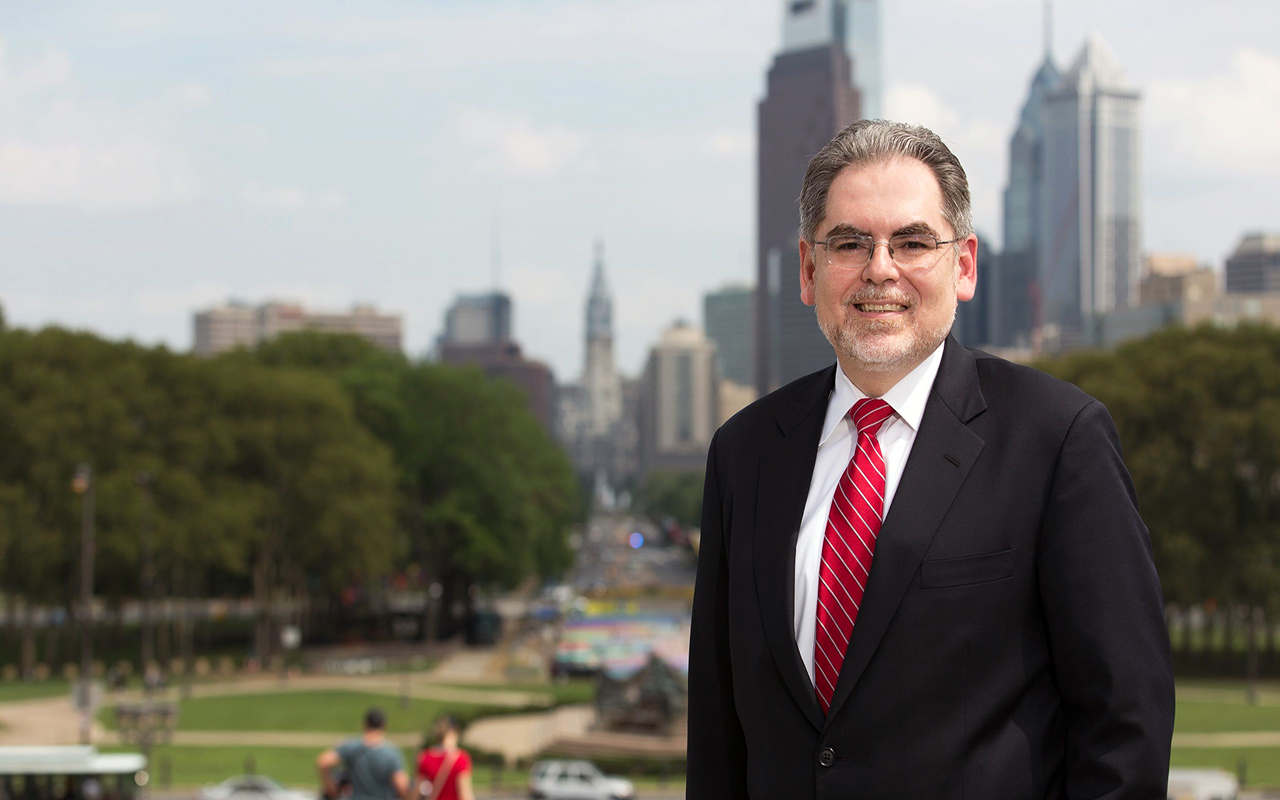

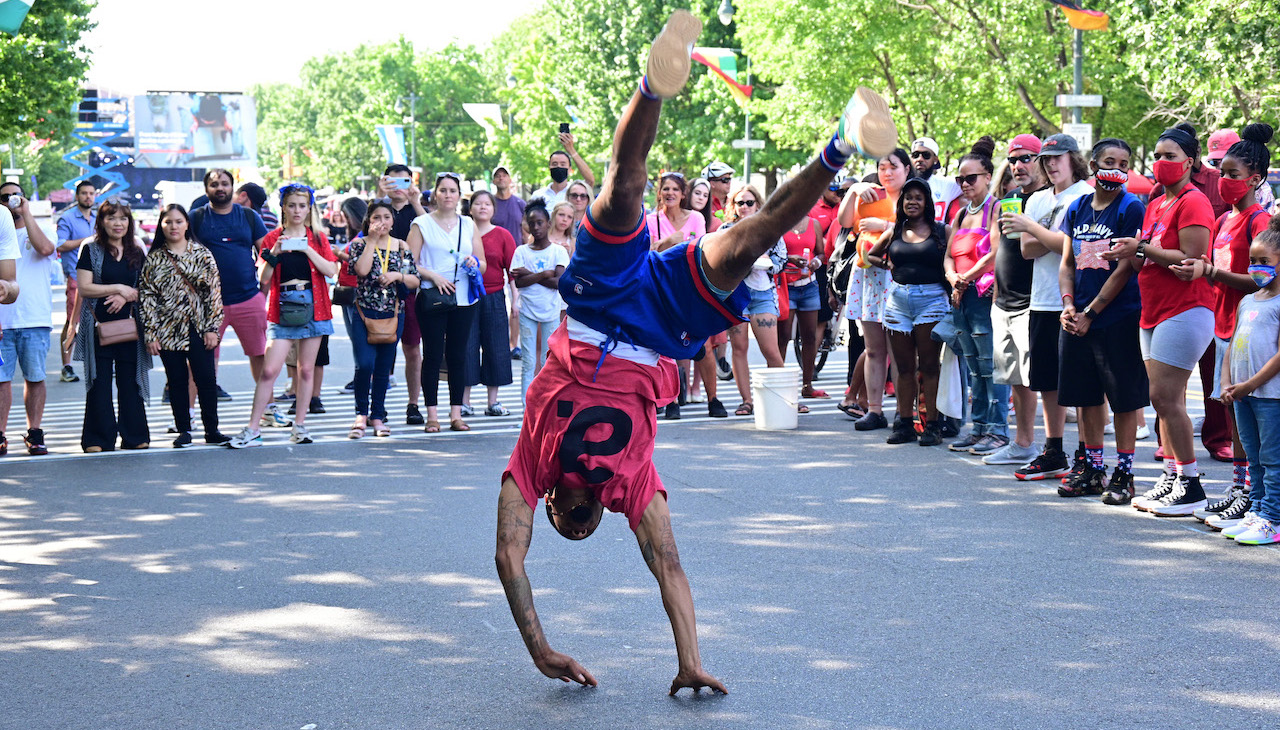
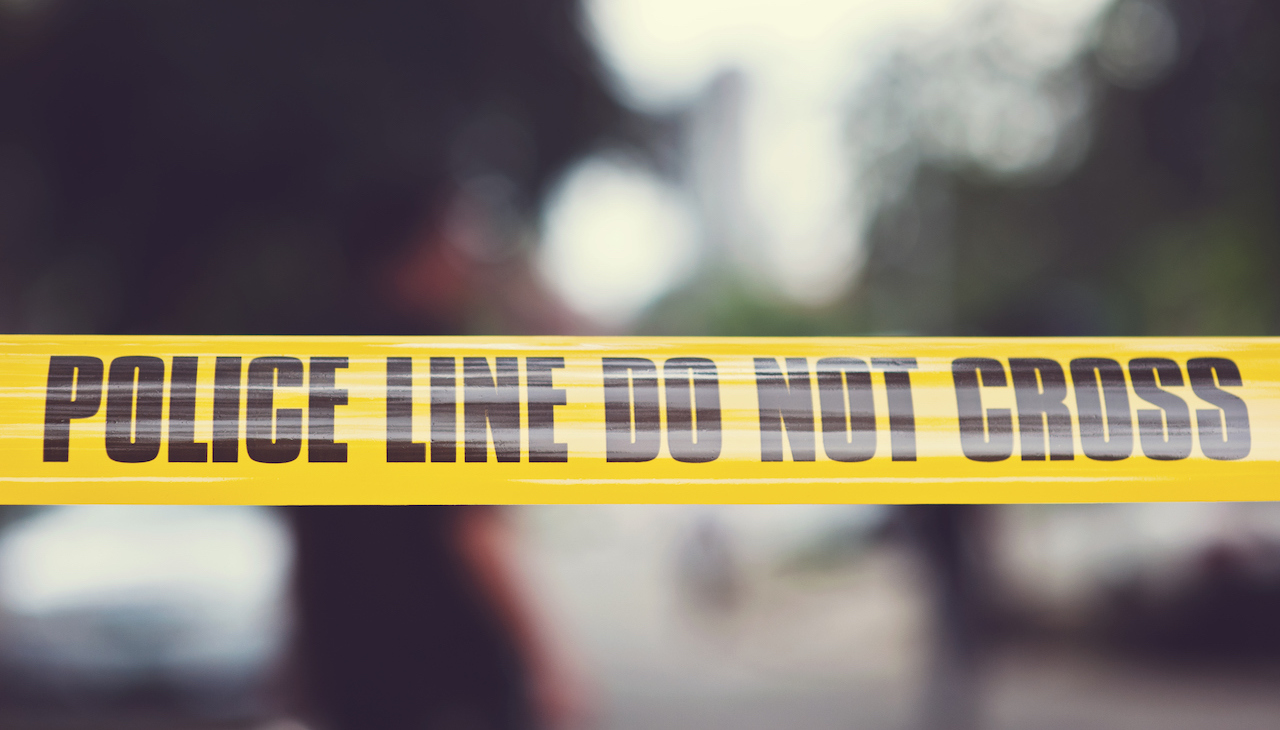
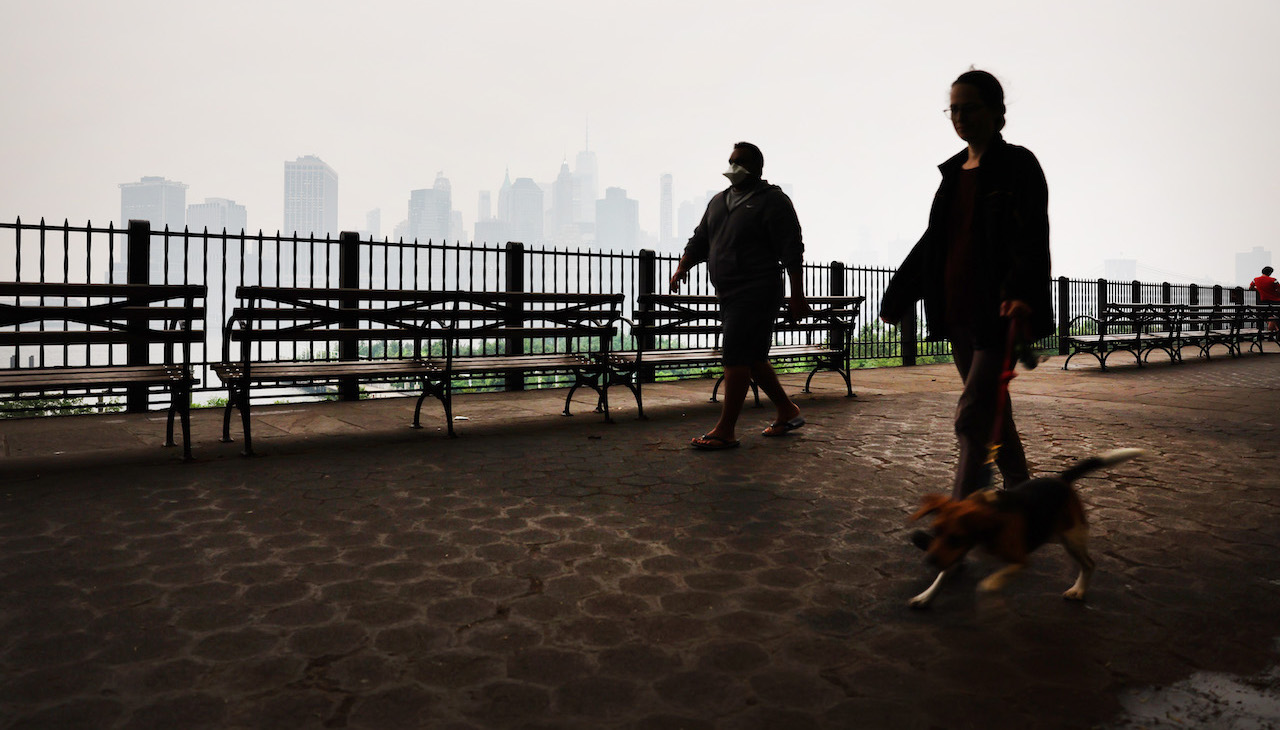
DEJE UN COMENTARIO:
¡Únete a la discusión! Deja un comentario.